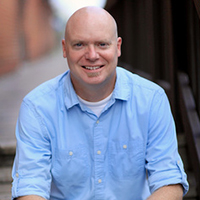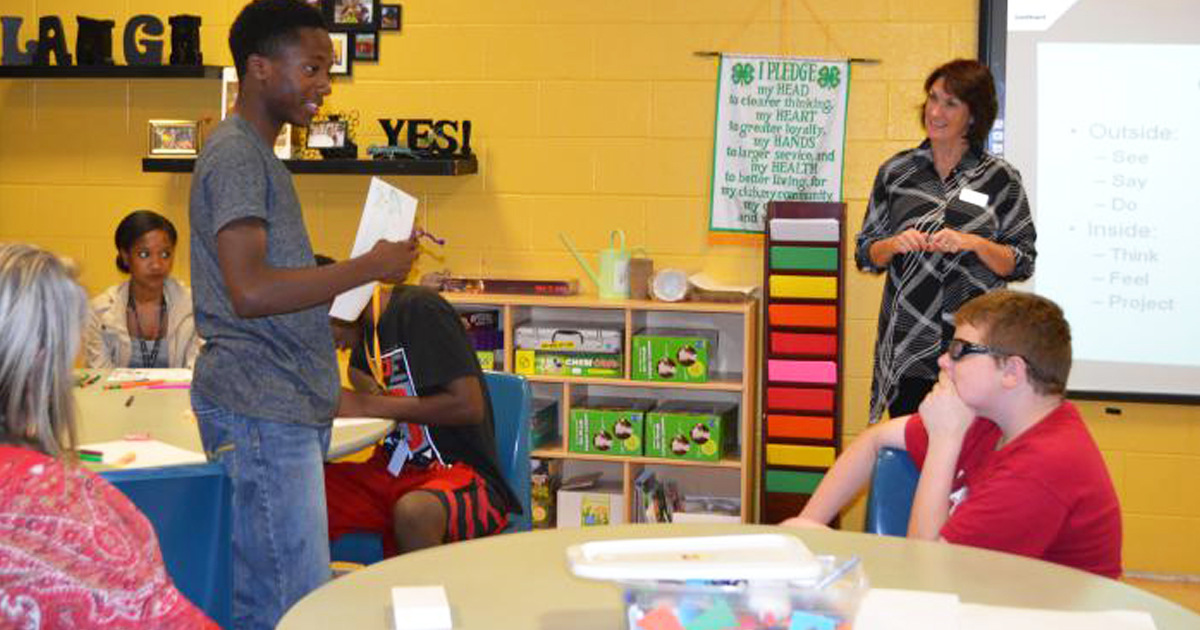The U.S. Bureau of Labor estimated an increase of 1 million jobs in the STEM sector from 2012 to 2022—taking the total number of STEM-related jobs to more than 9 million in the very near future. We need to give our afterschool participants opportunities to explore STEM activities on a regular basis and increase their knowledge of what is possible for them in this realm.
But ...
What If STEM isn't the be-all and end-all of education?
Recently, there has been a shift toward increasing social and emotional learning (SEL) in our schools. The guidelines for the newly implemented Every Student Succeeds Act (ESSA) create an opportunity for schools to teach—and measure—beyond the traditional classroom subjects and reach into areas of SEL. This has the potential to be a real benefit to our students. It also has the potential to create more work for our teachers. This is where the world of afterschool becomes a critical partner for schools, students, and parents.
Afterschool programs have been working in areas of SEL for years. We play games that teach teamwork. We are giving students a voice in our programs and giving them responsibility. We have opportunities to talk about managing emotions and solving problems. We get to know our students in different ways than teachers get to know them and we can create opportunities for teaching and learning empathy towards others. These so-called soft skills have historically been secondary, at best, to the more technical skills that allow individuals to "produce" in their chosen careers. When someone has a strong set of soft skills, we typically don't think anything about those skills. However, when soft skills are weak or absent, it is sometimes all we can think about when working with that individual.
In our society, it seems that civility toward those who are different from us is on its way out. People react emotionally to cultural hot buttons and lash out. In our professional lives, very few of us work completely on our own, so it is critical that we know how to work as part of a team. If we learn all we can regarding technical skills or STEM topics but we are socially and emotionally incompetent, the academic knowledge benefits no one.
Afterschool programs have the good fortune to be able to teach SEL skills to our students on a regular basis. These skills will serve our kids well at home, in school, in relationships, and in all they do in the future. Alongside the STEM activities, don't be afraid to focus on increasing the soft skills of the students in your program. The world needs them to have both.
What if we work to give our kids as many tools as possible to help them be successful?
 Brad Lademann is a dynamic youth speaker with 16 years of public speaking experience and 12 years of experience working with middle school and high school students. He has worked with teens in many capacities including teacher, youth pastor, coach, mentor, and afterschool program supervisor. He currently works with Missouri AfterSchool Network as the Resource Coordinator and provides technical assistance to SAC and 21CCLC grantees.
Brad Lademann is a dynamic youth speaker with 16 years of public speaking experience and 12 years of experience working with middle school and high school students. He has worked with teens in many capacities including teacher, youth pastor, coach, mentor, and afterschool program supervisor. He currently works with Missouri AfterSchool Network as the Resource Coordinator and provides technical assistance to SAC and 21CCLC grantees.
This article originally appeared on MO Afterschool Advocate.
Photo Courtesy of Missouri AfterSchool Network.




